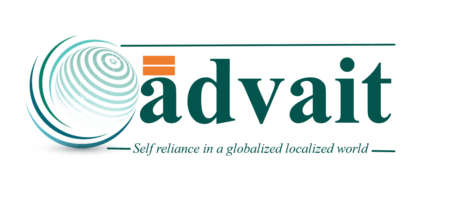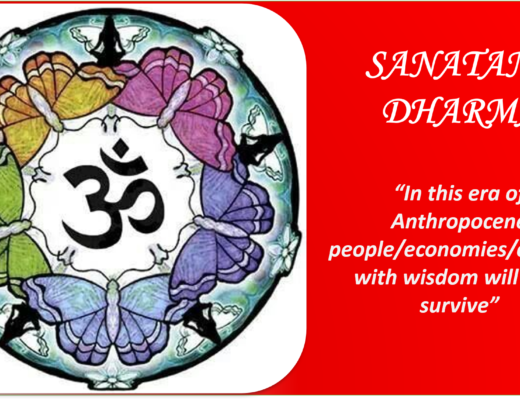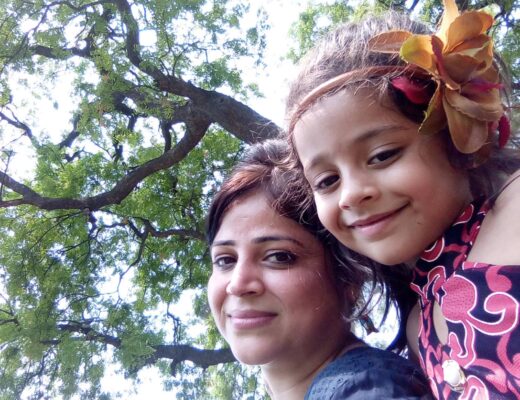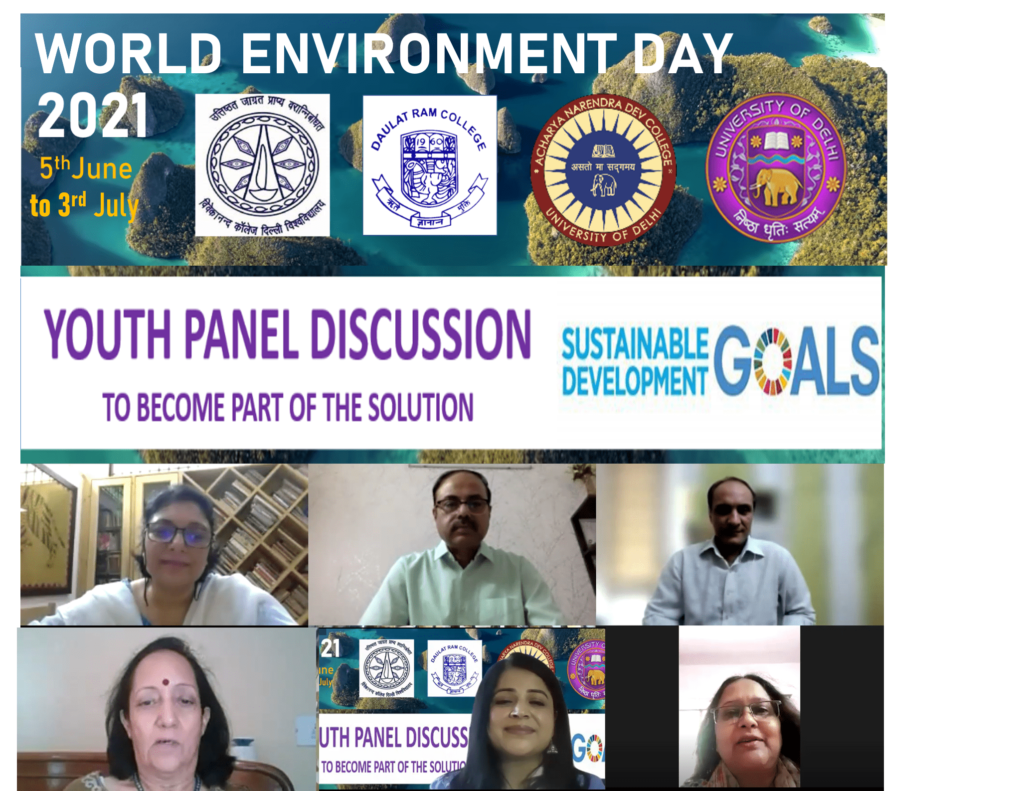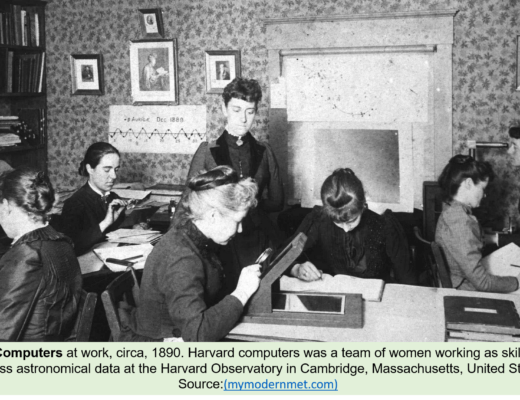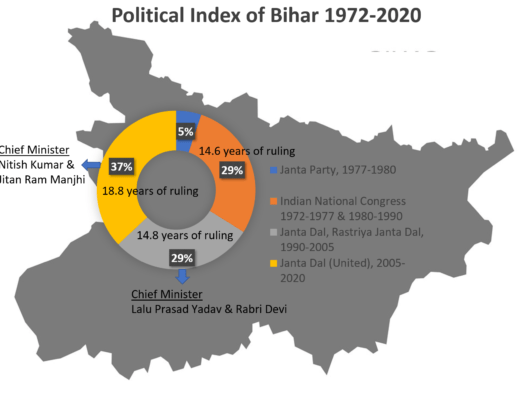From the Desk of Advait world
There are various constraints any one may face to improve her or his quality of life. To many people from Africa or Asia going to Europe or North America and settling there seems to be the only robust method of improving the quality of life. Every day we hear about people from Africa, Middle East and even South Asia risk their lives to reach Europe. This also begs a question, that, why cannot we in the developing world also have a similar quality of life as in Europe and North America.
Economists often tell us that there are many barriers to be overcome before the same quality of life can be experienced in the developing economies. They say, the formal institutions need to be less corrupt, processes of access to technology needs to be in place, there are huge capital requirements for this, also so many other things need to be done; better health care, better education and access to modern technologies, transport, infrastructure. The sheer number of things that need to be done is over-whelming. It is here, anyone will sigh and ask – What can I do?
Well fortunately, our journey in Advait World is an endeavour motivated to improve your and mine quality of life where ever you or I may be. There are few circles of influence everyone has. They include the person herself, or himself; family, colleagues; and very interestingly the neighbourhood where someone might live or work.
Our research has found that the key difference between developed countries in North America or Europe and developing countries in Africa or Asia is presence or absence of Effective Local Governance.
Our research conducted over the last decade has articulated a possible pathway for inclusive sustainable development and instituting a framework for effective local governance.
The implications of our research range from a mechanism to give feedback on certain aspects in the built environment which will appear in any neighbourhood across the world, to methods in conducting multi-stakeholder consultations. There is even a theory on Financial Management for Effective Local Governance.
Our findings on neighbourhoods show – first, how the feedback can be taken from across a variety of actors in a neighbourhood; and, second, how the feedback can be presented to strategic actors and/or policy makers for action in a neighbourhood.
Our research has laid out possible first steps towards articulation of Effective Local Governance.
The research considers inclusion through the lens of Gender, Age and Disability; Sustainability through the lens of resource efficiency, financial efficacy and also looks into technological fitment of emerging technologies.
The thesis of our effort has important bearing on how we articulate inclusive sustainable development, and therefore of policy actions for a host of interventions. This will include climate action (both adaptation and mitigation) developmental action like financial inclusion, to better health care and support for women and persons with disabilities. Our effort encompasses a host of corresponding narratives in technology, capacity building, self reliance and resilience.
Our effort will have important consequences on designing interventions, and hopefully in answering – what can I do at the grassroots, and in our neighbourhoods.

